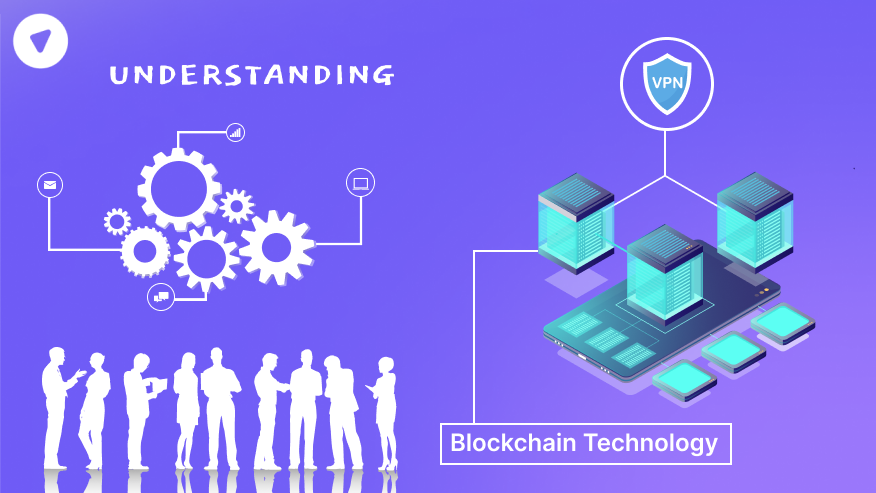Have you ever thought about the role of Virtual Private Networks (VPNs) in blockchain technology? It’s no secret that while blockchain technology becomes a core infrastructure for most industries, at the very exact moment, understanding how to protect it from malicious actors has never been more critical. One of the topmost methods to increase security within blockchain networks is VPNs. This post will discuss the role of VPNs in blockchain technology and how the latter can protect blockchain transactions and data.
What is Blockchain Technology?
Before discussing what VPNs do, let’s first learn about blockchain technology. A blockchain is a distributed ledger that records transactions across many computers, making it practically impossible to change the record retroactively. This technology underlies cryptocurrencies like Bitcoin and Ethereum but is also used in applications as diverse as supply chain management and voting systems.
The Importance of Security in Blockchain
Security, of course, tops the list of issues in the blockchain technology framework. Since blockchain operates on a decentralized network, it will not suffer as much from some types of attacks as compared to systems working from a central position. But then, it’s also not immune. Cybercriminals can still zero in on blockchain networks, mainly at their weak points: endpoints and node connections. That’s where VPNs come into the picture.
How VPNs Enhance the Security of Blockchain?
VPNs establish a secure, encrypted tunnel through which data can flow; this helps increase the security of blockchain networks. Here are ways VPNs contribute to blockchain security:
- Data in Transit Security: While the data moves between computers, a VPN encrypts it, making it impossible for anyone intercepting this data to read it. This is very important for transactions through blockchain systems because they may carry sensitive monetary details.
- Securing Endpoints: The more hacker-targeted endpoints, like computers and mobile devices, the VPN can provide extended protection by masking their respective IP addresses.
- Preventing DDoS Attacks: A distributed denial-of-service (DDoS) attack is designed to slow down or crash a system by overwhelming traffic. A VPN can help reduce the effects of these attacks because the traffic on different servers would be spread out, making it difficult to dismiss.
- Ensuring Privacy: Privacy is a primary concern among blockchain users—most apparently for cryptocurrency users. VPNs can help protect user privacy by hiding their online activities and keeping their transactions incognito.
Why Blockchain Companies Should Consider White-Label VPN Solutions?
Blockchain firms can easily benefit by adding white-label VPN in their service. The white label in VPN means providing VPN services under the company’s brand while not creating the technology itself. Now, blockchain companies won’t need to waste much time and resources, and, at the same time, they could offer more security and privacy to their customers. Here is why a blockchain company should turn to PureVPN’s white-label solutions:
- Custom Branding: White label VPNs can come with the possibility of fully customizing VPN applications to appropriately fit into a company’s branding design or its employees’ clear goals.
- Quick Deployment: The white-label solution of a VPN can be integrated quickly and efficiently when compared to developing a VPN from scratch, offering ample opportunities to improve a company’s security offering.
- Cost-effective: Developing a VPN can get seriously expensive and require significant resources, but white-label solutions for VPNs are economical and, at the same time, do an excellent job of providing you with the robust security functions you need.
- Proven Technology: PureVPN’s White-label solutions are built on proven technologies and guarantee high-level performance that is secure and reliable for Blockchain companies and their users.
Conclusion
With the growth of blockchain technology, security is not to be exaggerated. VPNs are essential to securing a blockchain from all forms of cyber threats. It is for this reason that anyone working in the blockchain space would consider VPNs to be among their primary tools of operation. Using white-label VPN solutions provided by PureVPN, companies in the blockchain world will boost their measures toward security, secure user data, and ensure that transactions remain private.


